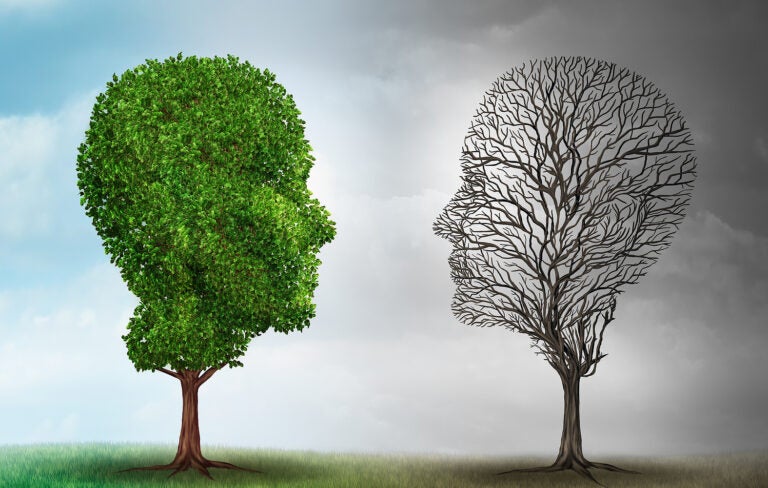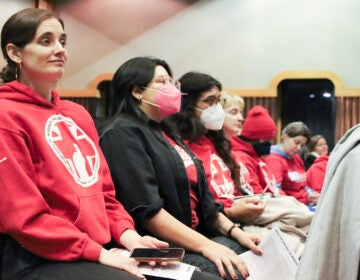Different Patients, Different Outcomes
A look at some of the recently discovered factors that shape health, disease, and survival.
Listen 59:02
There's a lot doctors and researchers can tell us about the factors that affect our health, ranging from genetic predisposition to lifestyle to social determinants of health — but mysteries still remain as to why two patients with the same condition can end up experiencing drastically different outcomes. (Bigstock/digitalista)
Over the past few decades, researchers have learned a lot about the factors that shape our health — our genetics and biology, for starters, but also income, lifestyle, environment, and access to care. But even so, mysteries still remain — why does one patient survive and another die? What leads two people with the same illness and background to experience vastly different outcomes?
On this episode, we explore what scientists are discovering about the puzzle pieces that shape sickness and health, and how they fit together. We hear about one woman’s quest to find out why her sister died young from lupus, what a recently discovered condition could reveal about the cause of other ailments, and efforts to catch diseases before they start.
ALSO HEARD:
- Millions of people around the world live with lupus, an autoimmune disease that causes the immune system to attack the body’s own tissues and organs — and most have a close-to-normal life span. But that wasn’t the case for writer Bridgett Davis’ sister Rita, who died from the illness at the age of 44. Reporter Justin Kramon tells the story of Davis’ journey to solve the mystery of why her sister — a woman with advantages and access to good health care — ended up dying so young. Davis’ new book is called “Love, Rita: An American Story of Sisterhood, Joy, Loss, and Legacy.”
- In 2018, the National Institutes of Health launched All of Us, a research program that’s collecting detailed health data from nearly a million people across the country — both their genetic information, but also data about their lifestyles and environments. Josh Denny, CEO of the project, explains what they’ve learned so far, and how their findings are helping to improve screening processes and develop more personalized treatments. We’ll also hear from Lin Zhu, a medical sociologist and assistant professor at the Center for Asian Health at Temple University in Philadelphia, who is using All Of Us data in her work.
- David Gould was a healthy 59-year-old, when he suddenly started experiencing debilitating symptoms — mysterious pain and swelling, a full-body rash, shortness of breath, and intense fatigue. None of the specialists he saw could tell him what was causing his symptoms, until a team of researchers found the answer: a previously unknown syndrome called VEXAS. We also talk with rheumatologist Jason Liebovitz who wrote about VEXAS in an article for The Atlantic, “Doctors Thought They Knew What a Genetic Disease Is. They Were Wrong.”
- What if we could detect signs of illness long before they become symptomatic? We talk with Ash Anwar, senior director of scientific research and development at Molecular You, about the company’s unique approach to disease prevention: blood tests that screen for over 250 biomarkers associated with conditions ranging from cancer to diabetes to heart disease. He explains how the screening process works, and why, for some people, it can mean the difference between life and death.
- Peter Bailer was 14 years old when he was diagnosed with cystic fibrosis, a genetic disorder that causes sticky mucus to build up in the lungs and other organs. Reporter Alan Yu talks with Bailer about how the diagnosis pushed him to get into science to discover more treatment options for patients like him.
WHYY is your source for fact-based, in-depth journalism and information. As a nonprofit organization, we rely on financial support from readers like you. Please give today.






